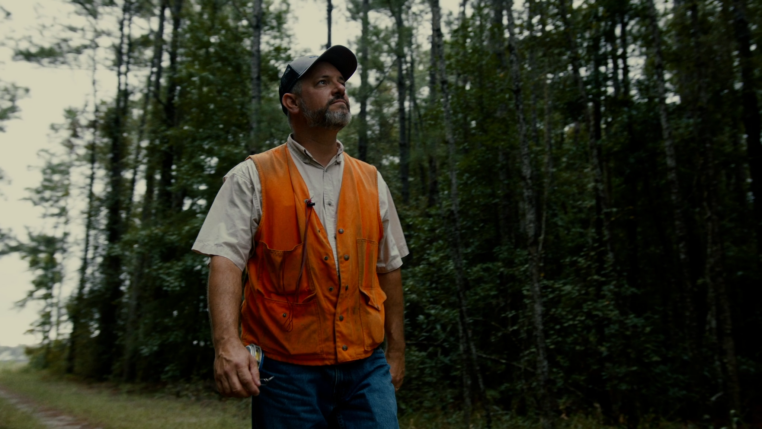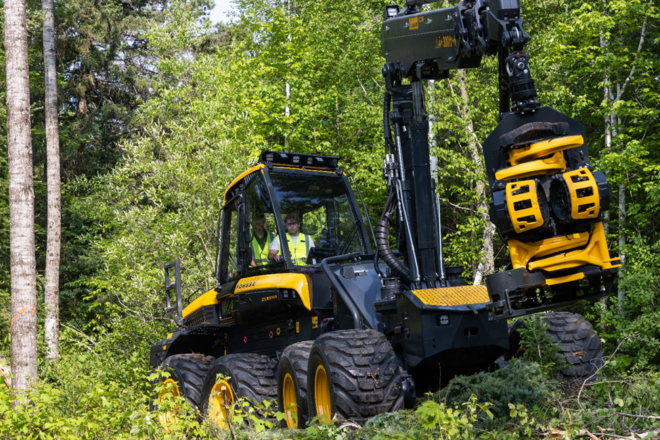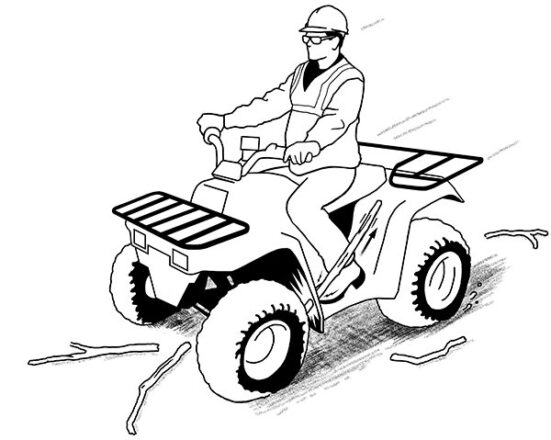Responses to “Are We Playing Musical Chairs with Logging Capacity”

Last month, I wrote about the challenges of logging capacity. If you haven’t read Are We Playing Musical Chairs with Logging Capacity (And If We Are, What Happens?), you might want to before reading further. In the blog, I asked readers for their thoughts and received page after page of thoughtful responses. It is clear that logging capacity – and workforce issues more generally – are an issue across the industry. I am grateful for everyone who took the time to share their thoughts with me.
Here’s some of what I heard:
“Unfortunately, the dynamic you describe has been the way for most industries. The “best” financed firms, those with the deepest pockets, always try to hire away talent from less well-financed firms.
It is the smallest, newest companies who shoulder the burden of finding unskilled talent and suffer the instability of poor performance. Those operators who succeed look for a better job, with nicer, newer equipment, and trade up. Some loggers buy new equipment and trade it at two to three years while others thrive on used equipment and invest in maintenance. This is the flip side of the coin, with some loggers forced to rely on less expensive, less productive employees and training them on the job. Your contact is right, it’s extremely expensive to suffer poor production. Ironically, the larger companies are probably better positioned to absorb the negative impact a starting employee will have on their production. Poor performing companies can’t always afford the talented employees needed to right the ship.”
- Industry Analyst, Southeast
“I’d say that this is a game every business plays. When hiring a new forester, we weigh the options of either:
- hiring experience with better productivity than a new graduate, and who may bring new thinking and perspectives;
- hiring a new graduate, who would be less expensive and less productive, but that we can train from the start to be [a fit for our company].
The decision is driven by many things, including expected duties and the experience profile of my group at the time. Unlike a logging contractor, I don’t have new hires at the controls of million-dollar machines, but they make decisions that add up to millions rather quickly.
You are correct in pointing out that loggers, like any well-run business, will make decisions that maximize their income. Right now, that means frequently hiring experienced operators. If that process continues, experienced help should get more expensive, making trainees more economically viable.”
- Land Manager, Northeast
“I’ve been in this industry for 35 years and worked with loggers in some form or fashion during this entire time. There are a few truths that are self-evident:
- Labor (both skilled and unskilled) will flow to the highest and best opportunities.
- Millennials are increasingly disinterested in manual work because they are unaccustomed. They are not lazy or passive, just unaccustomed…and will, therefore, avoid the environment unless the environment changes. You must first create or spur interest to increase participation…i.e. marketing the opportunity that is tailored to the audience.
- Loggers are overwhelmed today and have an endless list of business accountabilities that they struggle, already, to attend to. Most of this work is contained within themselves or, historically, their families, who are primarily captive to the cause and have a unique familial interest. This, too, is beginning to fade. Assuming that a logger can continually solicit and train successive employees is not reasonable. How many have human resource officers?
- This is an industry-wide problem that can be associated with manufacturing wood products just as well as logging. The problem does not start and end in the woods nor do the answers.
- Although we represent two different stations in the supply chain, the starting place for us both, categorically, is the same.
You begin with education. The most effective programs are based in secondary school grades, long before the students (employees) graduate from high schools. The community educational systems must place an emphasis on technical training and simulation. We have to build both skills and familiarity to grow an accustomed base and interest. Enter our community colleges and technical schools. These institutions can and will implant dual enrollment, skills-based programs in just about any high school across our country. But first, we must want them. Far too many have an unfounded and flawed belief that every student in America should go to a university for study.
What we should be saying is that every student in America needs to be fit for work. That work may include medicine, law, science, electrical programming, plumbing or logging. There’s a role for every single productive student in our free and open economy…and that’s a fact. We simply have to build acquaintances and expertise with the profession. And we must not be afraid to introduce the work of our industry to a young and dynamic generation.”
- Sawmill, Southeast
“Our focus should not just be on how to train new loggers with harvesting skills, but rather how to remove the barriers…so they can grow their businesses. The allure of logging for young rural men is to be able to run their own businesses and be their own bosses. They are willing to work very hard if it translates into becoming successful business owners. If they can establish this, then they will convince their high school buddies to come work for them and the training will be natural.”
- Pulp and Paper Mill, Lakes States
“What we need is workforce development to bring young employees into the logging and trucking profession. It will take understanding that lifestyle considerations are far different for many entry-level workers. We have had to modify our approach to training, working conditions and demands to meet the expectations of young foresters we hire. While a different set of parameters, including the college debt implications that young foresters have, entry-level logging staff have a different set of goals in many instances than their older brethren.
I also would suggest that the availability of financing for equipment and opportunities to support training is crucial as well if we hope to maintain a viable and experienced workforce…The enormous cost of harvesting and trucking equipment has made entering the logging profession far more difficult than when I started over 40 years ago.”
- Forester, Northeast


